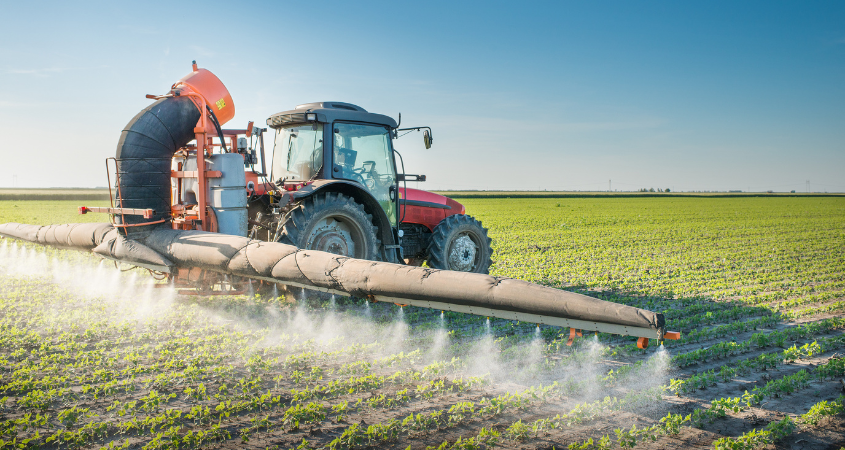
In the dynamic realm of agriculture, the use of pesticides is a double-edged sword. While essential for protecting crops, the potential risks associated with pesticide residues demand meticulous management. Let’s explore the multifaceted aspects of understanding and managing these risks:
Pesticide residues, if not managed effectively, can persist on crops, soil, and in water, posing risks to both the environment and human health. Understanding the factors influencing residue persistence is pivotal for effective management.
Adopting integrated pest management strategies, which include crop rotation, targeted pesticide use, and regular pesticide residue analysis, helps minimize residue persistence and ensures sustainable farming practices.
The health implications of pesticide residues are a critical concern. Various pesticides have been associated with adverse health effects, including carcinogenicity, neurotoxicity, and hormonal issues. A proactive approach is crucial to mitigate the risks associated with pesticide residues.
Implementing precision agriculture techniques, alongside stringent residue analysis programs, aids in reducing pesticide use and minimizing the risks associated with exposure to harmful residues.
Pesticide residues can have far-reaching consequences on the environment, affecting soil health, water quality, and non-target organisms. Managing these impacts is essential for preserving biodiversity and ecosystem integrity.
Embracing agroecological practices, such as sustainable farming, and employing advanced residue analysis technologies contribute to reducing the environmental footprint of pesticide residues.
Stringent regulations govern acceptable pesticide residue levels in food products globally. Non-compliance not only jeopardizes consumer safety but also poses legal and market risks for agricultural producers.
Engaging in proactive residue management, farmers and producers can ensure compliance with regulatory standards. Regular monitoring through advanced residue analysis plays a pivotal role in meeting these requirements.
Growing consumer awareness about pesticide residues has reshaped preferences, with an increasing demand for residue-free and sustainably produced food. Managing this shift in consumer behavior requires transparency and responsible farming practices.
Providing clear information about pesticide use, adopting transparent labeling, and investing in residue analysis services build trust among consumers, fostering a preference for products with verified safety.
In summary, the journey to a healthier and more sustainable food supply begins with the proper management of pesticide application and proactive residue monitoring. Crop Nutrition Laboratory Services Ltd. (Cropnuts) acknowledges the challenges posed by pesticide residues and is dedicated to offering comprehensive Pesticide Residue Analysis services. Our commitment is rooted in advancing agricultural practices that prioritize safety, environmental sustainability, and consumer well-being.
Your Safety, Our Priority.
Foodscience #Foodsafety #Foodtesting
Order our services and get to know how to improve your soil for better yeilds.